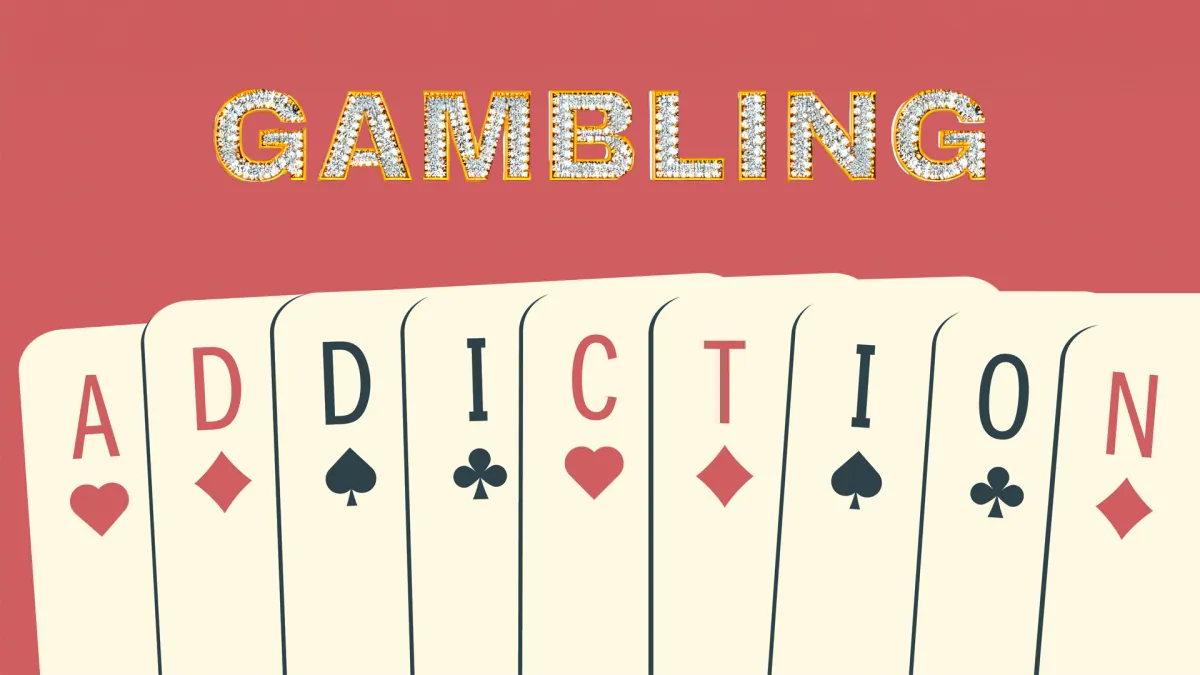Advance Your Career with Every Click
Your Next Chapter in Medicine Starts Here

Accredited Excellence in Medical Education
At Meducate, we don't just talk the talk; we've got the credentials to walk the walk. Every course we offer comes with the gold stamp of approval from both the Royal Australian College of General Practitioners (RACGP) and the Australian College of Rural and Remote Medicine (ACRRM) for your Continuing Professional Development (CPD) needs.
Here's what that means: Every lesson you learn with us boosts your expertise and also checks off your CPD requirements. Whether you're in the hustle of the city or the quiet of the countryside, Meducate's got your back, keeping you ahead in the medical game while you earn those crucial CPD points.
Ignite Your Brain, Your Adventure Starts Here!
We’re dedicated to transforming the future of healthcare
Jump into Meducate for a feast of elite courses by industry pros, lively webinars, and razor-sharp blogs that'll dial up your healthcare vision to HD.
Aiming to skyrocket your career, stay on trend, or network with health aficionados? Meducate's your springboard. Get ready; we're about to accelerate your professional path!
Lastest Blogs

Understanding and Addressing Gambling Disorder
Exploring the Risk Factors, Diagnostic Criteria, and Treatment Options for Effective Management
Introduction
Gambling disorder is a pervasive and often debilitating issue, impacting a significant portion of the Australian population. Annually, Australians lose approximately $25 billion in legal gambling activities, with many more unaccounted for in illegal gambling. This article dives deep into the complexities of gambling disorder, examining risk factors, diagnostic criteria, and both psychological and pharmacological treatment options available.
The Scope of Gambling Disorder in Australia
Statistics and Prevalence
According to the Australian Institute of Health and Welfare, around three-quarters of Australians engaged in some gambling activity in the last 12 months. The breakdown is telling: 64% participated in lotteries or scratch cards, 39% in race betting (horses and dogs), and 33% in pokies. These figures underscore the widespread nature of gambling and the urgent need for effective intervention and treatment strategies.
Risk Factors
Gambling disorder disproportionately affects young males and individuals experiencing poverty. It’s also linked with risky behaviors such as not wearing seat belts or carrying weapons. Mental health conditions like anxiety, depression, ADHD, and substance use disorders increase the likelihood of developing a gambling problem. Additionally, a family history of gambling or a traumatic past can be contributing factors.
Diagnostic Criteria and Assessment Tools
DSM-5 Criteria
The Diagnostic and Statistical Manual of Mental Disorders, Fifth Edition (DSM-5), classifies gambling disorder as an addiction. The mnemonic "CLERIC R.I.P." helps remember the criteria necessary for diagnosis:
Cut back: Inability to reduce gambling.
Lying: Deceiving friends and family about gambling.
Escape: Using gambling as a way to cope.
Relationship harm: Damaging personal relationships due to gambling.
Irritability: Becoming irritable when attempting to cut down.
Chasing losses: Continuously trying to recover losses.
Rescuing: Relying on others for financial bailouts.
Increasing amounts: Needing to gamble with more money.
Preoccupation: Constantly thinking about gambling.
A diagnosis requires meeting at least four of these criteria.
Assessment Tools
Two primary tools help in assessing the severity of gambling disorder:
Lie Bet Questionnaire: This includes two crucial questions—whether the individual feels the need to bet more money and whether they lie about their gambling. Affirmative answers to either question necessitate further assessment.
Problem Gambling Severity Index (PGSI): A more comprehensive tool with nine questions, scoring on a scale from 0 to 3. A score of 8 or more suggests a gambling disorder equivalent to a DSM-5 mild gambling disorder diagnosis.
Treatment Options
Psychological Treatments
Cognitive Behavioural Therapy (CBT) is the cornerstone of psychological treatment for gambling disorder. It helps reduce the frequency and financial impact of gambling by addressing distorted cognitions—such as the belief in beating the odds or the need to chase losses—and vulnerabilities, like underlying anxiety, depression, and trauma.
Another effective psychological treatment is Motivational Interviewing (MI), which aims to reduce the financial losses associated with gambling, even though it might not significantly impact gambling frequency. Both CBT and MI show short-term efficacy, with CBT notably losing its effect after nine to twelve months.
Pharmacological Treatments
Various drugs are being researched and used to complement psychological treatments. These include:
Opioid Antagonists:
Naltrexone and nalmiphene, commonly used for alcohol use disorder, can be effective in doses between 50 to 150 mg.
Anti-Glutaminergic Drugs:
Medications like N-acetylcysteine, memantine, and acamprosate also show promise.
Mood Stabilizers:
Lithium and topiramate are utilized, especially when mood disorders are present.
Antidepressants:
Specific SSRIs like Fluvoxamine and Lexapro, and Bupropion (Zyban) have demonstrated some efficacy.
Though there isn't a universally effective medication licensed for gambling disorder, treatments are tailored to the individual's co-morbid conditions.
Getting Help
If you or someone you know is struggling with gambling, resources are available:
Gamblers Help:
Accessible at gamblershelp.com.au or through their telephone service at 1800-858-858.
SHARC's Family Drug and Gambling Help:
Reachable at 1300-660-068 for additional support.
Conclusion
Addressing gambling disorder requires a multifaceted approach. Combining psychological therapies like CBT and MI with pharmacological interventions tailored to individual needs offers the best chance for recovery. Recognising the problem early and seeking professional help can mitigate the severe consequences that gambling disorder can have on individuals and their families.
Meducate® is a registered trademark in Australia
© ® Meducate 2024






